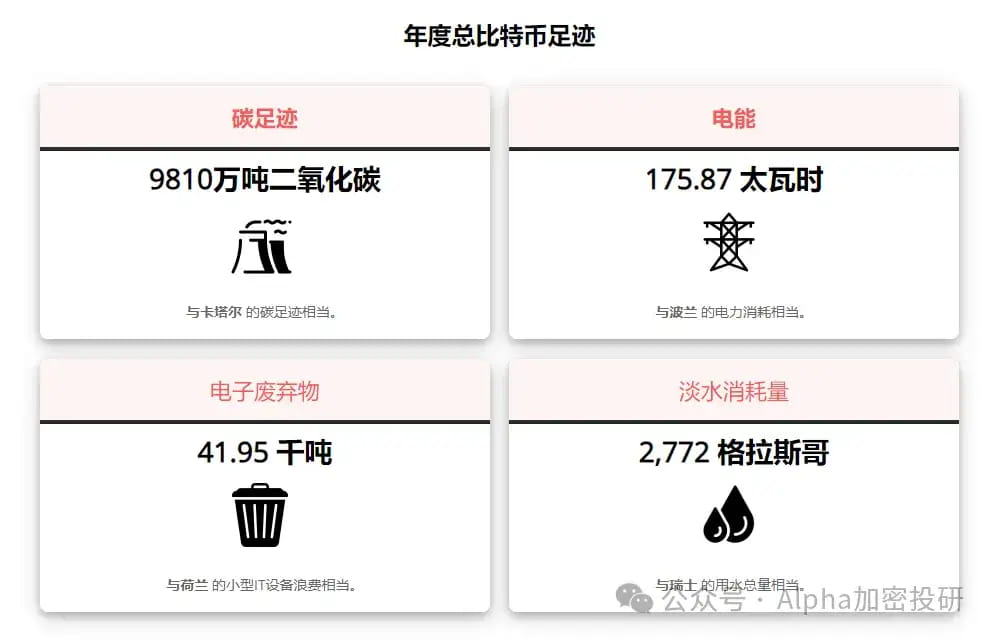
“Can you imagine how much it costs to mine a Bitcoin?”
As of January 2025, the cost of mining one Bitcoin (BTC) varies depending on a variety of factors, including electricity costs, mining machine efficiency, mining difficulty, and regional differences.
1. Average production cost
Cash outlay costs:According to data from the second quarter of 2024, the average production cost of each Bitcoin by listed mining companies is approximately49,500 Dollar.
Total cost (including depreciation, etc.):If additional expenses such as depreciation and stock compensation are included, the average production cost can be as high as96,100 Dollar.

2. Influencing factors
Electricity cost: Electricity is the main expense of mining. Taking a 1350W mining machine as an example, it consumes about 1 kWh of electricity per hour, or about 24 kWh per day. If the electricity price is 0.8 yuan per kWh, the monthly electricity bill is about 576 yuan.
Mining machine cost: The purchase and maintenance costs of mining machines also directly affect the mining cost. At present, the production cost of a mining machine with 1T computing power is about RMB 120 to 140.
Mining difficulty and competition: As more miners join the network, mining difficulty increases and the profit per unit of computing power decreases, resulting in an increase in the production cost of each Bitcoin.
Regional differences: There are significant differences in electricity prices and regulatory policies in different regions, which directly affects the mining costs and profitability of local miners.

Despite the recent rise in Bitcoin prices to around $100,000, miners are still facing the challenge of narrowing profit margins. Rising energy costs and increased competition have led some miners to hoard Bitcoin to cope with profit pressure.
3. Annual/single total Bitcoin footprint



Energy consumption issues in Bitcoin mining:
Energy consumption scale: The Bitcoin network consumes as much electricity per year as a small country such as Argentina or the Netherlands, which in 2025 is around 117 TWh/year.
Carbon emissions: Annual carbon dioxide emissions are as high as 80 MtCO₂, comparable to some of the world's largest cities.
Cost per transaction: Bitcoin consumes an average of ~1,200 kWh per transaction, enough to power an average household for more than a month.
Inefficiency: Bitcoin is extremely energy inefficient and has limited processing capacity (about 7 transactions per second) compared to traditional payment networks.
tail
Judging from the current overall cost, the mining cost is almost the same as the current price of BTC. So what is the case?
BTC’s future growth could still be exaggerated.